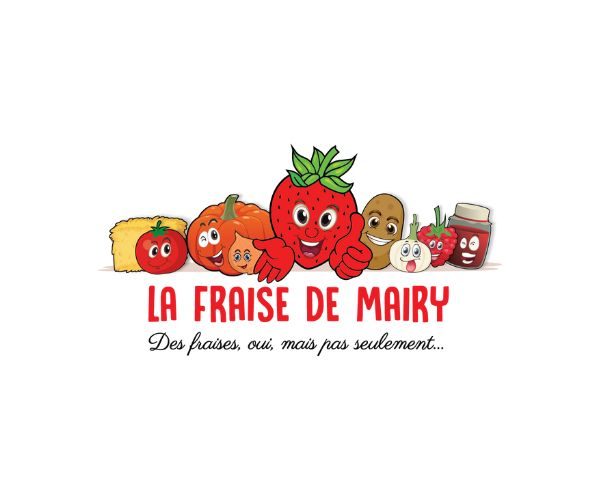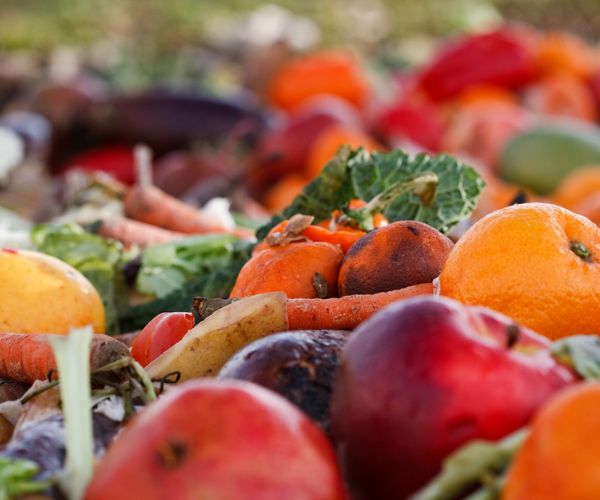Environmental performance and sustainable development
The Smartchain project in a few words and key figures
08
Sep

Published on : 08/09/2021
.png)
The 3-year European SMARTCHAIN project (2018-2021) aimed to encourage the development of short circuits in Europe by developing recommendations for short circuit actors and proposing innovative and practical solutions. This project analyzed 18 case studies, examples of short circuits initiatives, in order to identify the main technological, social, economic, environmental and regulatory factors that play a role in the development and success of short circuits.
Project results and useful links
All the results of the project are presented in a booklet.
A methodology has been developed to enable each short circuit to improve its performance through innovation. A first step of inventory allows the short circuit to define its value proposition and to identify its success factors and obstacles. This makes it easier to identify innovations that can be implemented to optimize its development. The innovation platform, created within the framework of the project, lists more than 130 innovations applicable to short circuits and which can respond to certain obstacles identified in the previous stage, such as extending the life of products, improving logistics, access to training, etc.
Recommendations have also been formulated to encourage consumer involvement. They are based on the results of consumer studies conducted in several European countries throughout the project.
Another part of the project consisted in proposing recommendations to improve the sustainability of short circuits from a social, environmental and economic point of view. For each of these pillars of sustainable development, recommendations for public authorities, producers and consumers have been proposed.
Involvement of the CTCPA
The CTCPA has participated in the elaboration of the inventory of innovations by proposing solutions and by writing descriptive sheets for each one. Innovations such as local products vending machines, carpooling of local products or mobile processing units have been described and are available in the inventory of innovations (see link above).
The CTCPA Sustainable Development team has also been strongly involved in the evaluation of the sustainability of short circuits (environment pillar) and in the elaboration of recommendations for producers, consumers and public authorities to reduce their environmental footprint. First, the project's case studies, representative of different types of short circuits (cooperatives, farm sales, processing companies), were evaluated using the Life Cycle Assessment method and compared to their "equivalents" in long circuits, in order to identify the main items contributing to their overall environmental impact and to draw recommendations on the main existing levers. The consumer transport stage was identified as one of the main contributors for all the case studies studied and depends on: (i) the distance travelled by the consumer, (ii) the quantity of products purchased and (iii) the means of transport used. Thus, in a second step, simulations were carried out for this transport stage, in order to determine under which conditions of distance, quantity purchased and type of transport the short circuits can be more efficient than the long circuits on the environmental level. The main results and recommendations are presented in the results booklet.
Contacts:
Laura FARRANT - Environmental Project Manager - lfarrant@ctcpa.org
Pauline AUDOYE - Environment and CSR Project Manager - paudoye@ctcpa.org
Marie-Pierre LABAU - Environment and Sustainable Development Manager - mplabau@ctcpa.org






